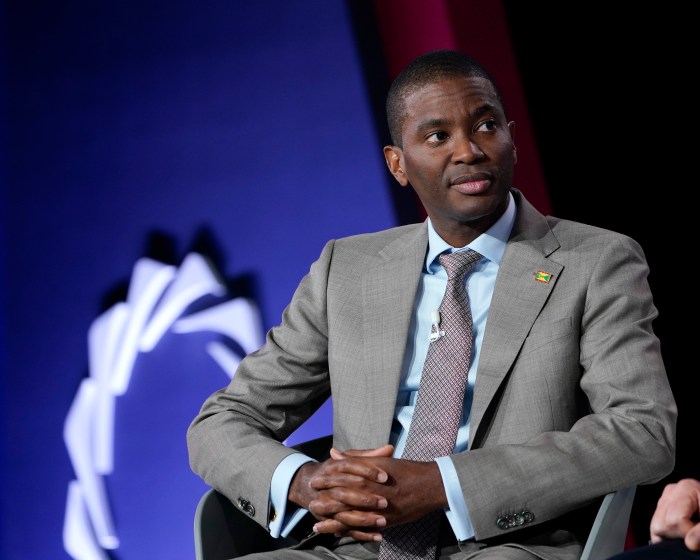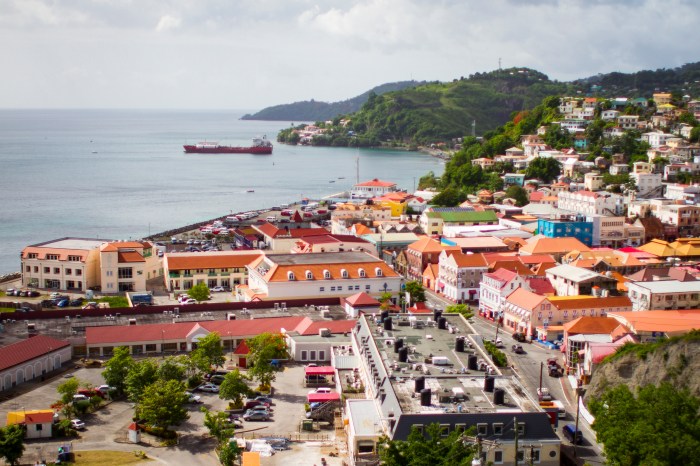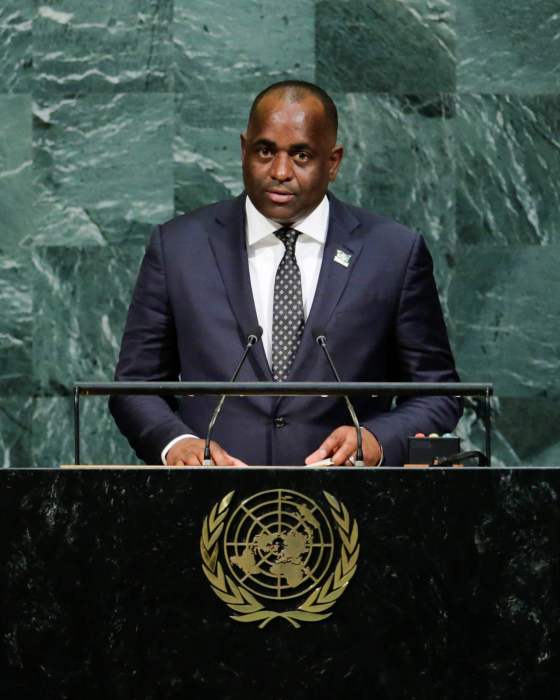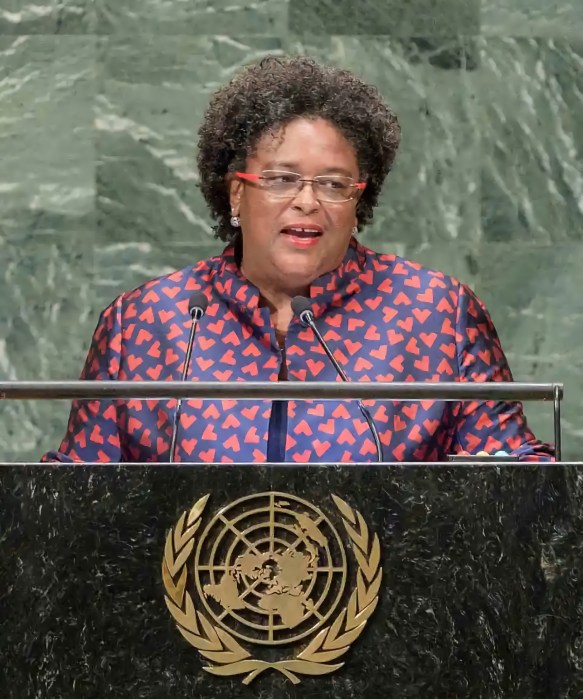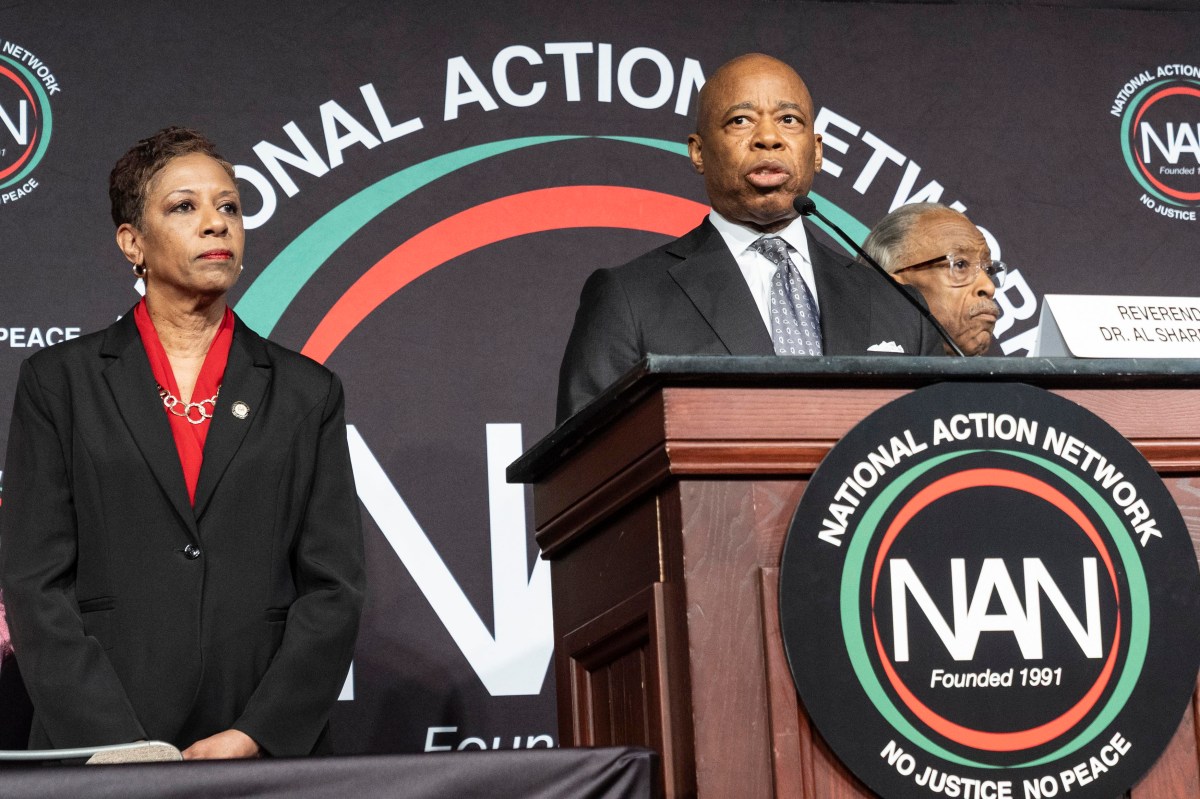Barbados
The Barbados-based Caribbean Climate Outlook Forum (CariCOF) is reiterating its warning that 2024 is going to be a year of climate extremes in the Caribbean.
CariCOF said for the upcoming period, June to August, cooling temperatures in the equatorial Pacific will result in La Niña conditions (the cooling phase of the sea surface temperature) while possibly near-record warm Tropical North Atlantic Ocean conditions are set to continue.
“Therefore, an intense heat season with recurrent heat-waves, a (hyper) active Atlantic Hurricane Season and an intense wet season are forecast,” CariCOF said, with “frequent and intense shower activity could result in high potential for flooding, flash floods, cascading hazards and associated impacts”.
CariCOF said that should the intrusion of dry Saharan air be more frequent than usual, “storm and shower activity may be more erratic, delaying relief from any water shortages arising from low rainfall and high evapotranspiration rates observed during the dry season”.
In a brief climate outlook, CariCOF said from September to November, temperatures and air humidity will likely be considerably higher than usual in most areas.
“Frequent episodes of heat stress are expected as the region is likely to continue to be in a potentially record Heat Season. Heat stress may ramp up even more if incursions of Saharan air are very frequent,” it noted.
Grenada
Grenada made history by being the first CARICOM member to deposit the instrument of accession to the 2001 European Council Convention on Cybercrime otherwise known as the Budapest Convention.
According to a statement issued by the European Union “The Convention is the first international treaty on crimes committed via the Internet and other computer networks, dealing particularly with infringements of copyright, computer-related fraud, child pornography and violations of network security.”
The convention also contains a series of powers and procedures including the search of computer networks and interception.
“Its main objective, set out in the preamble, is to pursue a common criminal policy aimed at the protection of society against cybercrime, especially by adopting appropriate legislation and fostering international co-operation,” the statement noted.
With Grenada’s acquisition, 72 states are now party to the convention and 19 have been invited to come in to the Convention.
“Grenada joining the Convention on Cybercrime may set an example for other countries of the Caribbean region to follow,” said the release on the website. It also promised that the Council of Europe will continue to support Grenada through its capacity building projects to permit implementation of the tools of the Convention on Cybercrime.
By signing to the cybercrime convention this will mandate that the island’s legislators approve and enact amendments to existing cyber crimes related laws and or the parliament approve new legislation.
Guyana
Guyana’s Ministry of Natural Resources has recently announced that he country’s aspiration to achieve global standards of sustainable forest management has again, been recognised internationally.
The international endorsement is based on the establishment of the Programme for the Endorsement of Forest Certification’s (PEFC) recognition of the Guyana National Forest Certification System (GNFCS).
Therefore all forest management and chain-of-custody certificates issued by the GNFCS are now considered equal to those from the PEFC International certification system.
In 2020, the Ministry of Natural Resources initiated the development of the GNFCS and has been deeply involved in its progress ever since.
In 2021, an independent, multi-stakeholder working group chaired by the Guyana Forestry Commission (GFC), commenced the formal process of developing the GNFCS.
It is comprised of representatives from the Forest Products Association (FPA), the Guyana Manufacturing Services Association (GMSA), indigenous non-governmental organisations (NGOs), environmental NGOs, academia and research. workers’ organisations, and youth and women’s organisations.
Guyanese timber and timber products certified under the GNFCS will now bear PEFC International labels and trademarks.
Haiti
Newly chosen Prime Minister of the French-speaking Caribbean Community (CARICOM) member state, Garry Conille, has vowed to seek unity.
In his first statement since being selected by a transitional council to head the government, Conille thanked the civil society groups, political parties and members of the Haitian diaspora who proposed him as a candidate, saying he was “very honored” to have been chosen.
Conille previously served as prime minister from October 2011 to May 2012 under then President Michel Martelly.
Conille, who presented his resignation as UNICEF Regional Director for Latin America and the Caribbean last Tuesday, now faces an enormous and important task, with Haiti under siege by gangs that control more than 80% of the capital as the country awaits the UN-backed deployment of a police force from Kenya.
The prime minister shares executive power with the presidency, which has been vacant in Haiti since the July 2021 assassination of President Jovenel Moïse.
Meanwhile, the CARICOM Secretariat based in Guyana issued a press release saying that Heads of Government welcomed the designation of a transitional prime minister in Haiti.
Aware that there are still many challenges ahead, Caricom gave its support for the new prime minister-designate and reiterated its commitment of support to the transitional presidential council and to the people of Haiti.
Jamaica
CIBC Caribbean has announced a second capital injection for this year, of US$25m in the Jamaica market. This follows a first capital injection of just under US$5m in January.
CIBC Caribbean previously identified Jamaica as one of its key markets for growth, and began a programme of development and investment to facilitate the financing of loans, improve its infrastructure and increase the number of employees available to serve its current and planned expanded customer base.
The bank has also set about increasing its social media and advertising presence in Jamaica.
CEO Mark St. Hill, noted: “Jamaica’s economic outlook continues to improve with the country’s credit ratings upgraded to BB- (S&P) and B1 + (Moody’s) in 2023 and GDP growth projected at 1.8 per cent in 2024, the outlook is promising. CIBC Caribbean is ready to play its part in assisting with that growth.”
He added, “We have been reaching out to our clients, both in personal and business banking and corporate and investment banking and we are seeing an upward trend in client confidence and interest in our products and services.
The CIBC Caribbean has focused its recent activity in Jamaica on maximising the market opportunities in that country by engaging and interacting with existing and new customers through enhanced products and pricing, digital channels, and marketing, traditional and digital.
Managing Director for CIBC Caribbean in Jamaica, Nigel Holness, said the bank’s activities are about more than providing financing. “As a relationship bank, we take our responsibility as a corporate citizen seriously. Not only have we been expanding our marketing in Jamaica and actively growing our business, but we have also been working hard at our relationships with the people of Jamaica.”
St. Kitts-Nevis
St. Kitt’s Prime Minister Dr. Terrance Drew said he recently became aware of two civil lawsuits, including one filed in the United States, claiming that there was an “underselling” practice within the country’s Citizenship By Investment (CBI) program between 2021 and 2022.
Under the CBI, foreign investors are granted citizenship of the twin island federation in return for making a substantial investment in the socio-economic development of the country. Underselling occurs when CBI developers seek to discount the statutory minimum investment sum required to be made by an applicant seeking to apply for citizenship. The Florida lawsuit also claims that underselling practices are currently taking place in another jurisdiction.
Drew said that he had become aware of the situation during the first few days of taking office. He said he had immediately ordered a review of the CBI.
“On taking office after the 2022 general election, our administration moved expeditiously to close the legislative loopholes that facilitated underselling. Further, I immediately triggered an internal review of our CBI, from which we are still gathering the facts,” said the prime minister.
“Our priorities were to strengthen our CBI laws, introduce good governance structures, communicate openly with our international partners about the issues we inherited, find authentic investors and, once our CBI is stabilized, review the facts to determine if any further action should be taken,” said Drew.
“It is evident that our efforts since taking office to enhance the CBIP have been commendable. We have acted promptly and decisively in a relatively short time. Our commitment to action continues, and the results speak for themselves,” he added.
Regarding the lawsuits, Drew said “I have been adamant since day one in office that the administration, which I have the privilege to lead, will operate within clear good governance principles.”
In December 2022, new citizenship by investment regulations were passed into law to specifically prohibit all forms of underselling.
— Compiled by Devika Ragoonanan


